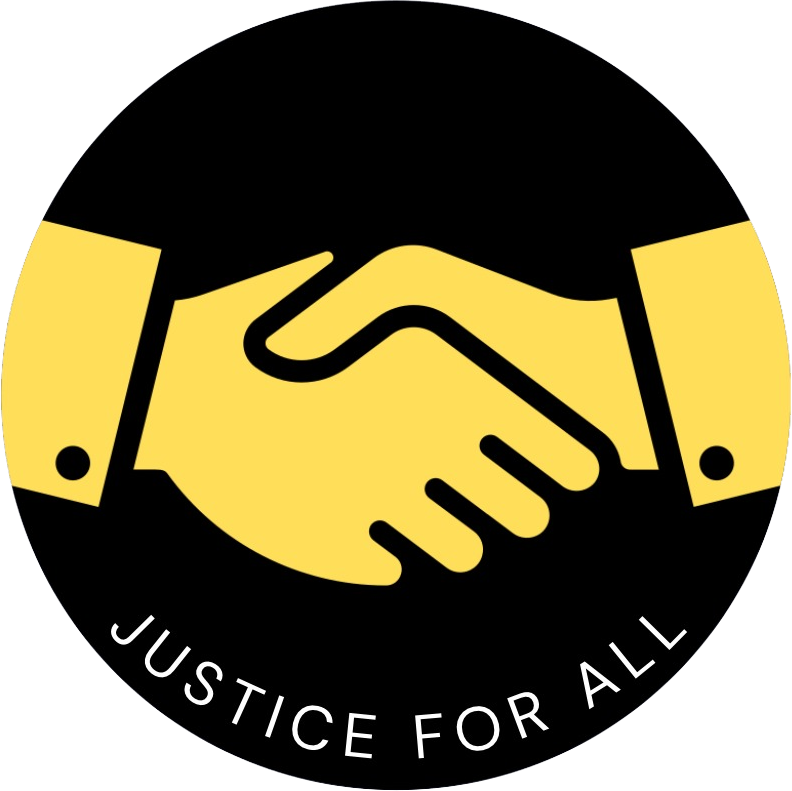In the heart of the breathtakingly Himalayan region lies the disputed state of Jammu and Kashmir, a land steeped in rich history and fervent emotions. The mere mention of its name evokes a myriad of sentiments, from the poignant echoes of cultural diversity to the lingering shadows of political discord. Nestled between India, Pakistan, and China, this picturesque region has been a crucible of geopolitical tensions for decades, leaving its people caught in the crossfire of historical complexities. The pristine valleys and majestic mountains that once bore witness to serene coexistence now bear the scars of territorial disputes, evoking a profound sense of loss and longing among its inhabitants. The beauty of its landscapes is mirrored by the complexity of its identity, as the region grapples with a deeply emotional tapestry woven from the threads of conflicting histories, aspirations, and allegiances. In Jammu and Kashmir, every sunrise unveils a landscape not only adorned with natural splendour but also overshadowed by the intricate narratives of its people, whose lives are entwined with the unresolved questions that have endured for generations.
Partly occupied and brutally ruled by the hegemonistic and fascist RSS controlled India and the other part, called ‘Azad Kashmir’ ruled by ‘brotherly’ Pakistan, its leaders lacking in vision, they did more damage to Kashmir’s struggle for independence by coining the short-sighted slogan: ‘Kashmir banay ga Pakistan –Kashmir will become Pakistan.’ Majority of Kashmiris on both side of the border favour total independence from both countries. United nations have failed to implement its resolutions of holding plebiscite in the country to determine the wishes of the people, once and for all. On 5 August 2019, the fascist Indian regime abrogated article 370 and subsequently bifurcated Jammu and Kashmir into two union territories. Following the revocation of special status of Jammu and Kashmir there was anger and agitation in the territory and the fascist RSS Indian regime unleashed a reign of terror on my countrymen. Terrorised and murdered men women and children. The impotent United Nations again failed to take any action and can be said to preside over genocide. Clearly, it is controlled by unholy entities with vested interests.
The same United Nations took a swift action in East Timor in 1999, when the East Timorese chose independence in a plebiscite from Indonesia after 24 years of occupation by Jakarta and before those hundreds of years of colonial rule by Portugal. The East Timorese were predominantly Catholic and ruled by Muslims, and this did not go down well with powerful Christian countries controlling the United Nations and they decided to act and make them independent. Jammu and Kashmir has similar story. It’s a majority Muslim state, although after the revocation of the special status in 2019, the fascist Indian government began ethnic cleansing in J & K and replacing Muslim majority with RSS goons. It also suffered hundreds of years of British colonial rule and then fell under the brutal occupation of Hindu India. The failure of the United Nations to act in a similar way as in Timor boils down to majority of Kashmiris being Muslims. It’s a sad story for the Muslims facing, it seems, annihilation in not too distant a future at the hands of each other. In Kashmir, it’s an open discrimination against the Muslims.
The Pakistanis have not done their best for the Kashmiris either. Part of Kashmir, occupied by them, AJ&K, has not seen any economic progress. Resources of the area has been exploited and used for the befit of Pakistan. Mangla dam has destroyed Kashmiri fertile land and swallowed graves of our ancestors but Pakistan benefits. There is an airport in Srinagar but none in Mirpur and we have to go to Kashmir for holidays through Islamabad where we are invariably treated with contempt, arrogance and disdain at the airport. Its about time for the OIC to take the Kashmir issue further and for the United Nations to honour their own resolutions on Kashmir before the fascists in Delhi complete genocide of my countrymen. Mr Khan was the only Pakistani leader who took the Kashmir issue seriously. His removal from the scene and political turmoil in Pakistan, lack of political will of OIC and the Kashmiri leaders in Srinagar and Muzaffarabad and their failure to mobilise world opinion, victory looks elusive for the time being unless the British do something to put their mistake of 1947 right. Kashmiris in the UK are expecting the Labour party to mobilise world opinion and support the Kashmiris in the United Nations to hold the long-awaited plebiscite this year. Ever since the age of eleven, I’ve been hearing Labour leaders up and down the country promising to solve the Kashmir issue during their tenure in office. So when will that be please?
An article written by Sufi Abdul Aziz based on personal opinion. www.aziz4justice.co.uk email: admin@aziz4justice.co.uk
